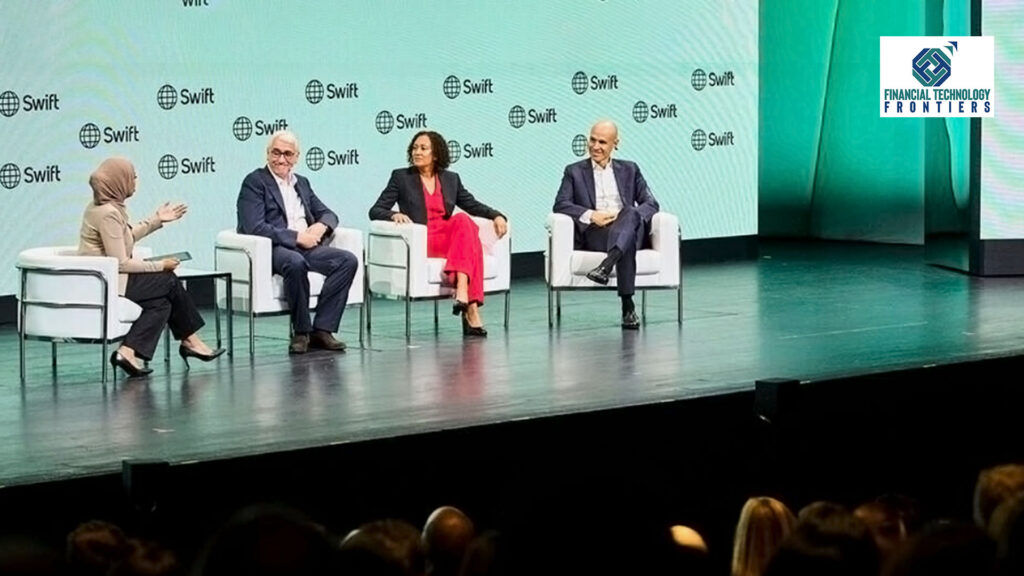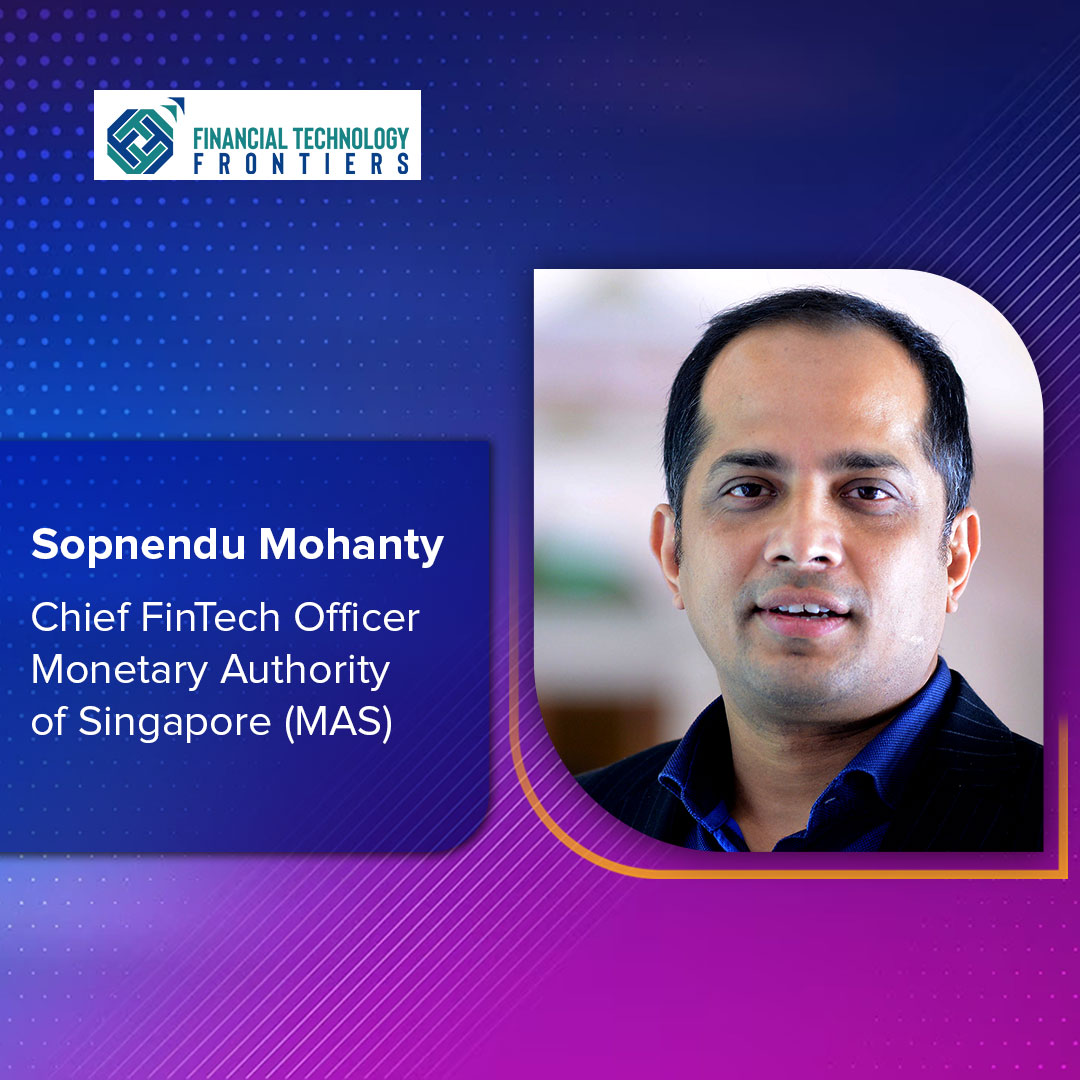
Sibos 2023, the renowned global financial conference, commenced on September 18, drawing more than 9,000 delegates from the international financial community to Toronto. Running from September 18th to the 21st, this year’s conference centers around the theme “Collaborative Finance in a Fragmented World,” addressing a critical challenge faced by the financial industry.
In a world marked by increasing geopolitical tensions, economic shifts, and technological disruptions, the conference seeks to explore how the financial sector can work collectively to ensure the smooth and secure flow of value on a global scale while fostering sustainability.
Graeme Munro, Chair of the Swift Board, provided insights into the dynamic changes within the industry during the conference’s opening plenary session. “If you look across the Sibos agenda, it’s packed full of those themes about the dynamic change and transformation taking place within our industry,” said Munro.
“Elements like the impact that artificial intelligence can have, tokenization, CBDCs, and so on, will all play a part. But I think there will be other things as well. The focus is on environmental, social, and governance (ESG) in building a sustainable, long-term and inclusive future. Cybersecurity remains absolutely front and center. And compliance as we think about trust and safety,” Munro added.
The rise of fragmentation
Fragmentation is not new. But it is increasing. And this could have serious knock-on effects for global economies if left unaddressed.
“The rise of fragmentation is clearly an important focus for our industry,” said Javier Pérez-Tasso, Chief Executive Officer of Swift. “It’s driven by geopolitical and economic shifts, but also by the massive technological innovation that we see around us. Big tech, fintechs, new technologies, new forms of value that are already impacting the way we operate in the industry. And all of this has huge opportunities and possibilities for us.”
However, he continued, fragmentation “also brings complexity at a time where both the industry and policymakers are focusing on improving customer experience in international transactions through the G20 targets on speed, cost, transparency, choice and access. Over the past few years, we’ve also been focusing with the Swift community on addressing those.”
Rising to the challenge, together
Addressing fragmentation requires collaboration on a global scale. This is central to Swift’s mission to enable instant, friction, and interoperable international transactions.
The Swift community has been making a lot of progress toward the G20 goals, explained Pérez-Tasso. “Already today, 89% of all Swift payments get to the recipient bank within an hour. And half of these transactions reach the end-beneficiary account within five minutes. This is well on the way towards the ambitious target that the G20 has set of 75% end to end within an hour by 2027.”
On costs, Pérez-Tasso highlighted the role of ISO 20022’s rich data and capabilities like pre-validation that are removing millions, if not billions of costs, for the industry by increasing automation. With end-to-end transparency on both securities and payments transactions, and new capabilities to improve the consumer and SME experience when sending money abroad with Swift Go, “we’re seeing a lot of progress,” he said.
“It is more important than ever that we maintain that momentum and that we as a community focus on adopting and using all of these new capabilities, all of these new innovations that are not only going to help to get to fast and frictionless transactions – but also secure and trusted,” said Pérez-Tasso.
As Sibos 2023 unfolds, global financial leaders will continue to explore and address these critical challenges, seeking collaborative solutions to navigate the evolving financial landscape.




